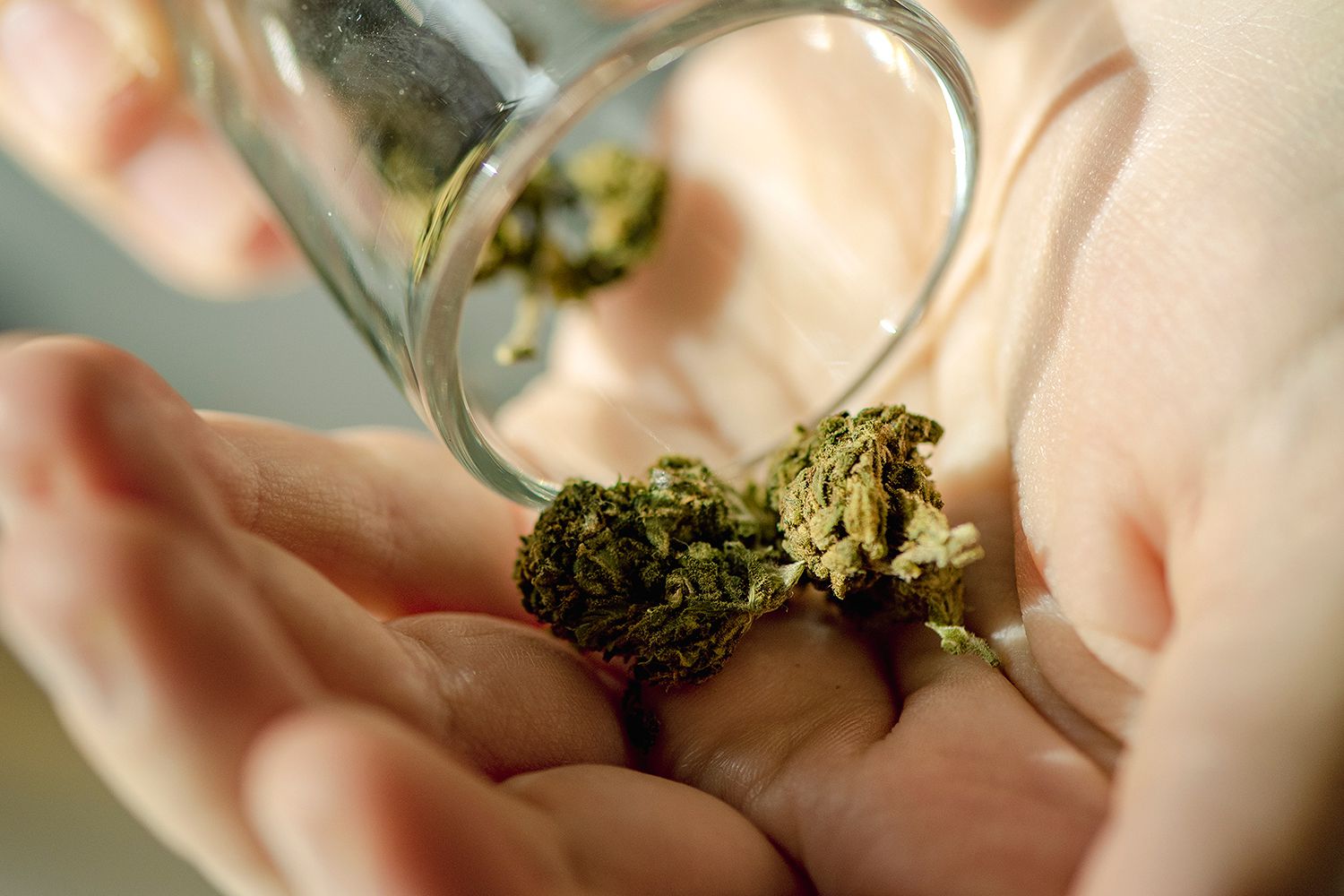NEED TO KNOW
A new study found that higher levels of THC were linked to significant chromosomal abnormalities in embryosThis could lead to higher risks of infertility, miscarriage and genetic defectsResearchers say marijuana use won’t impact fertilization but may compromise reproductive outcomes; however, more research is needed
As the consumption and legalization of marijuana have increased in the United States, more experts are researching the potential harm from its use, specifically its impact on fertility.
A new study published Sept. 9 in Nature Communications analyzed 1,059 samples of ovarian fluid around the developing eggs of patients undergoing in vitro fertilization (IVF) treatments. Researchers compared oocytes, or unfertilized egg cells, from a control group with a group of patients who tested positive for tetrahydrocannabinol, or THC, the psychoactive chemical in marijuana that causes a high.
Researchers found that higher levels of THC were linked to significant chromosomal abnormalities in embryos, which could lead to higher risks of infertility, miscarriage and genetic defects.
According to the study, THC interferes with meiosis, the cell division process crucial for producing healthy eggs. Higher doses of THC resulted in eggs having impaired spindle formation and chromosome segregation. This leads to aneuploidy, a genetic condition where cells have an abnormal number of chromosomes.
“The study suggests that consumption of cannabis might affect the outcome of IVF,” Macquarie University pharmacologist Mark Connor, who was not involved in the study, said in a statement. “The work did not address the potential effects of cannabis consumption on natural conception.”
Pregnant woman.
Getty
Never miss a story — sign up for PEOPLE’s free daily newsletter to stay up-to-date on the best of what PEOPLE has to offer, from celebrity news to compelling human interest stories.
“For women considering or undergoing fertility treatment, this research suggests that cannabis use may compromise reproductive outcomes – not by preventing fertilization, but by reducing the likelihood of producing chromosomally normal embryos,” added University of Melbourne OB-GYN Alex Polyakov. “Since embryo euploidy is closely linked to successful implantation and healthy pregnancy, cannabis exposure could prolong the time to conception and increase the risk of IVF failure and miscarriage.”
However, lead author Cyntia Duval said the study can only show an association between the two and not a direct, causal relationship.
“This is a hypothesis, and the worst thing I would want is for the public to read this and become fearful,” she said, CNN reports. “More studies are needed to verify our findings and determine how, or even if, the changes we observed affect reproduction.”

